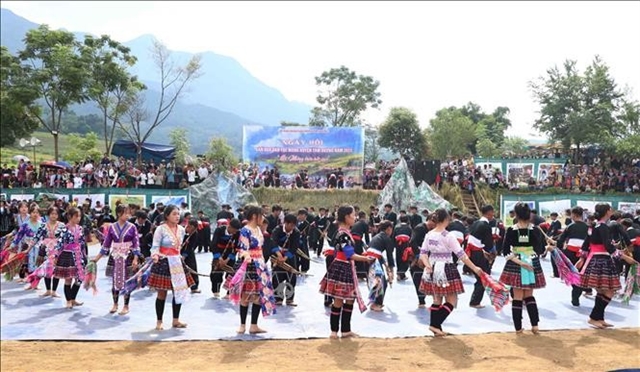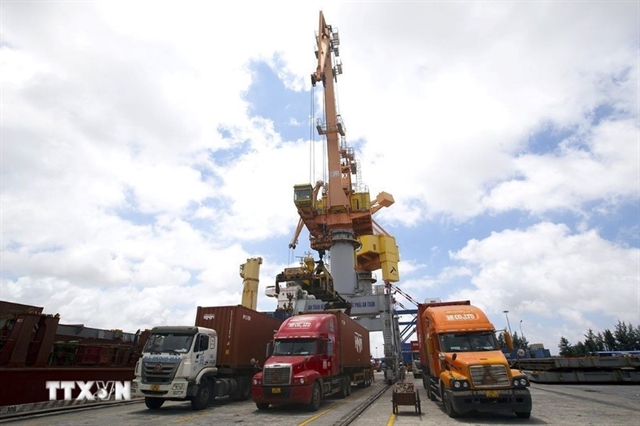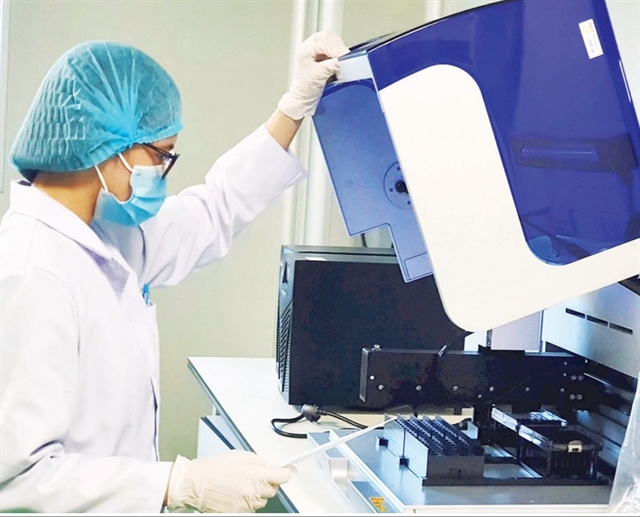 Society
Society
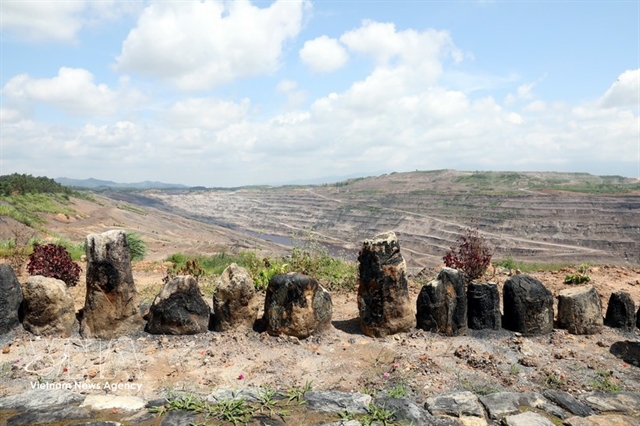
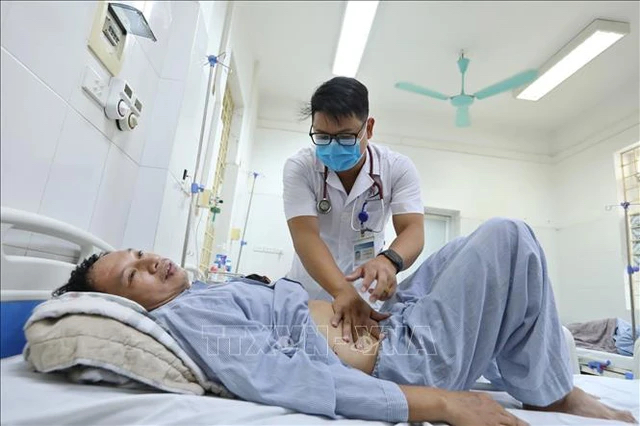 |
| A dengue patient is being treated at a hospital in HCM City. — VNA/VNS Photo |
HCM CITY — Health authorities have urged individuals and communities to take proactive measures against dengue fever to prevent a potential outbreak during the rainy season.
Health authorities expect a hike in infections as the rainy season progresses, which began in May and will last until November.
The country has reported nearly 42,000 cases of dengue fever this year, resulting in five fatalities.
This marks a decrease in cases and a reduction of six deaths compared to the same period last year, according to a report by the Ministry of Health.
HCM City remains one of the most severely affected localities in Việt Nam, with nearly 4,600 dengue cases reported so far this year, according to the city Centre for Disease Control.
In addition, Hà Nội has reported over 1,280 cases to date, with the number of cases expected to continue rising, according to the Hà Nội Centre for Disease Control.
Dr. Nguyễn Văn Vĩnh Châu, deputy director of HCM City Health Department, said dengue fever is among the most rapidly spreading infectious diseases.
“The mosquito-borne disease remains a serious public health threat that can lead to fatalities,” Châu said.
Dr. Châu recommended eliminating mosquitoes and destroying their larvae in both residential and workplace environments to fight against dengue.
The disease is transmitted from infected individuals to healthy individuals through the intermediary of Aedes mosquitoes.
Following a bite from an infected mosquito, the pathogen is subsequently transferred to healthy individuals through subsequent bites.
Global concern
Dengue fever is recognised as a rapidly spreading infectious disease on a global scale, according to the World Health Organization (WHO).
“The disease has emerged as a global concern,” it said.
The agency estimates around 2.5 billion people currently reside in dengue-endemic areas, with 1.8 billion individuals living within the Asia-Pacific region.
Dengue is among the fastest-growing emerging infectious diseases globally, with the Asia-Pacific region bearing 75 per cent of the global burden.
There are between 50 to 100 million dengue infections worldwide each year, posing a significant threat to the health and lives of nearly half of the global population, with an estimated 100 to 400 million infections occurring annually.
The increase in cases and the geographical expansion of affected countries can be attributed to several factors.
They include rising temperatures, early rainfall in various parts of the region this year, increasing population densities, and heightened international and local travel.
There is currently no specific treatment for dengue, and innovative approaches are necessary to prevent the disease at the community level.
WHO works in the ASEAN region to organise ASEAN Dengue Day on June 15 each year, in order to raise public awareness of dengue and mobilise resources for its prevention and control. — VNS

